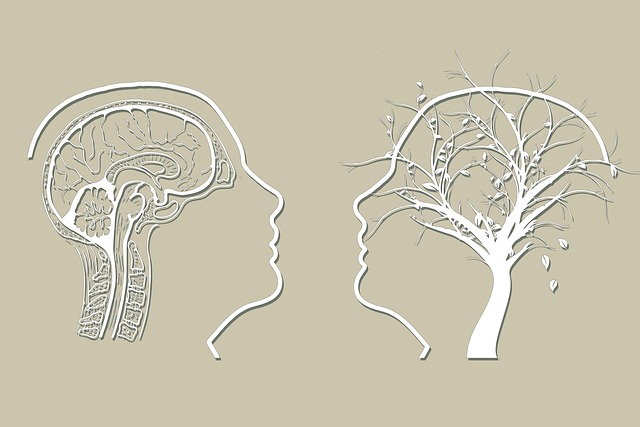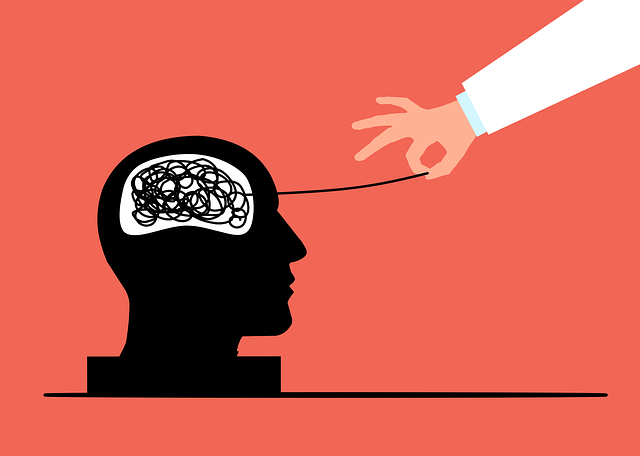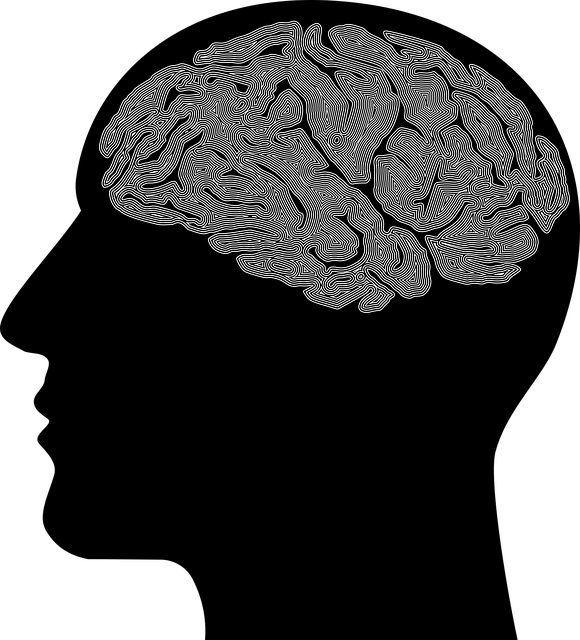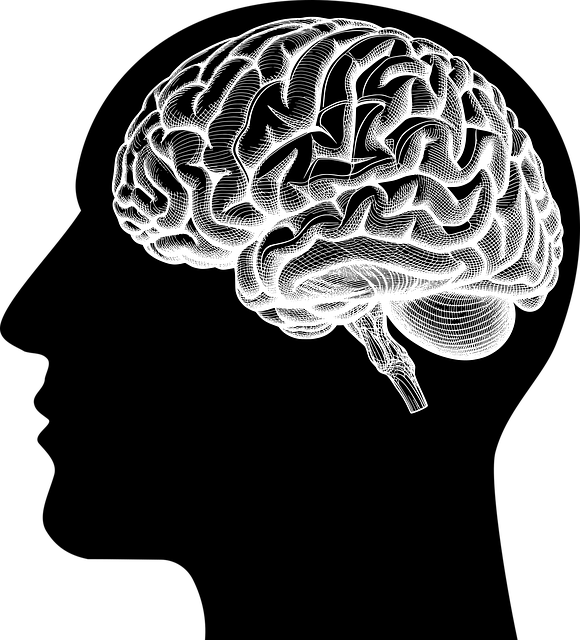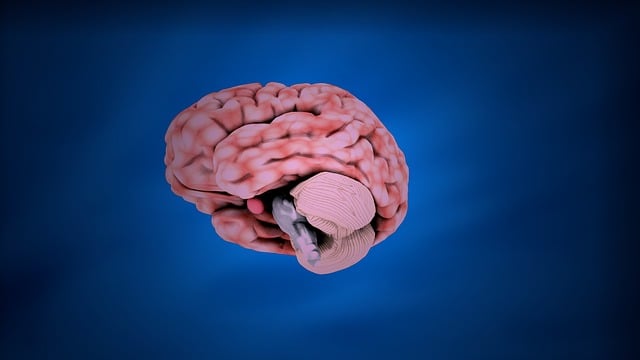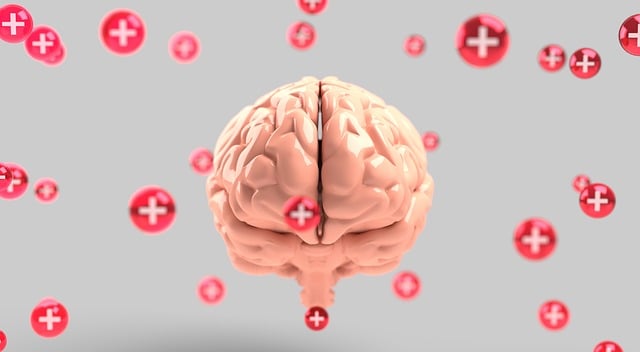Broomfield Oppositional Defiance Disorder (BOD) is a mental health condition affecting children aged 6-12, characterized by persistent angry and defiant behavior. Effective BOD therapy involves mindfulness meditation, crisis intervention, and early identification through mental health awareness programs. An optimal Mental Health Education Program includes emotional well-being promotion techniques and self-awareness exercises to manage emotions and reduce stress. Implementing a holistic approach with evidence-based practices, supportive program structure, and caregiver involvement enhances the impact of Broomfield Oppositional Defiance Disorder (BOD) therapy.
Mental health education plays a pivotal role in addressing issues like Broomfield Oppositional Defiance Disorder (BOD). This article delves into understanding BOD, its symptoms, and impact on individuals. We explore key components of effective mental health education programs tailored for BOD, emphasizing structured therapy approaches. Additionally, we provide insights into implementing and sustaining comprehensive therapy to manage BOD effectively. By focusing on evidence-based practices, this guide offers valuable strategies for professionals aiming to improve outcomes for those struggling with BOD.
- Understanding Broomfield Oppositional Defiance Disorder (BOD): Symptoms and Impact
- Key Components of an Effective Mental Health Education Program for BOD
- Implementing and Sustaining a Comprehensive Therapy Approach for BOD Management
Understanding Broomfield Oppositional Defiance Disorder (BOD): Symptoms and Impact

Broomfield Oppositional Defiance Disorder (BOD) is a mental health condition characterized by a persistent pattern of angry and defiant behaviour in individuals aged 6 to 12 years old. This disorder can significantly impact a child’s life, affecting their relationships with family, peers, and teachers. Symptoms manifest as frequent arguments with authority figures, active defiance, and a general attitude of annoyance or anger. Children with BOD may also blame others for mistakes or misbehaviour, be easily frustrated, and show recurrent behaviour that annoys others.
Understanding the impact of BOD is crucial for effective therapy. Broomfield Oppositional Defiance Disorder therapy often involves techniques like mindfulness meditation to help individuals regulate their emotions, as well as crisis intervention guidance to navigate intense moments. Mental health awareness programmes can play a significant role in identifying and addressing BOD early, fostering healthier relationships, and improving overall well-being.
Key Components of an Effective Mental Health Education Program for BOD

An effective Mental Health Education Program for Broomfield Oppositional Defiance Disorder (BOD) therapy should incorporate several key components to foster meaningful change. Firstly, Emotional Well-being Promotion Techniques tailored to BOD symptoms can empower individuals to recognize and manage their emotions effectively. This involves teaching coping strategies such as mindfulness exercises, stress reduction methods, and positive self-talk, which are essential tools for regulating mood and behavior.
Additionally, incorporating Self-Awareness Exercises into the curriculum enables participants to gain insight into triggers and patterns of oppositional defiance. Through interactive activities and group discussions, individuals learn to identify their emotional responses and develop healthier ways of expressing them. Such practices contribute to improved self-control and better decision-making, ultimately supporting long-term mental health management.
Implementing and Sustaining a Comprehensive Therapy Approach for BOD Management

Implementing a comprehensive therapy approach for Broomfield Oppositional Defiance Disorder (BOD) management requires a multifaceted strategy that addresses both behavioral and emotional aspects. This includes integrating evidence-based practices such as Social Skills Training to enhance communication and interaction, fostering Inner Strength Development through coping mechanisms and problem-solving skills, and promoting Self-Awareness Exercises to help individuals recognize and manage their emotions effectively.
A sustained program should focus on building a supportive environment that encourages active participation and regular practice of these techniques. Regular feedback sessions, both individual and group-based, can reinforce positive behaviors and provide opportunities for reflection. Additionally, involving caregivers and educators in the process ensures consistency across settings, enhancing the overall effectiveness of the therapy approach.
In designing mental health education programs for Broomfield Oppositional Defiance Disorder (BOD), a comprehensive approach is key. By understanding the symptoms and impact of BOD, educators can implement effective strategies that empower both individuals and communities. Essential components include early intervention, tailored curriculum, and a supportive environment fostering open dialogue. Combining these with robust therapy approaches ensures sustainable management of BOD, promoting healthier, more resilient individuals in today’s digital era.
